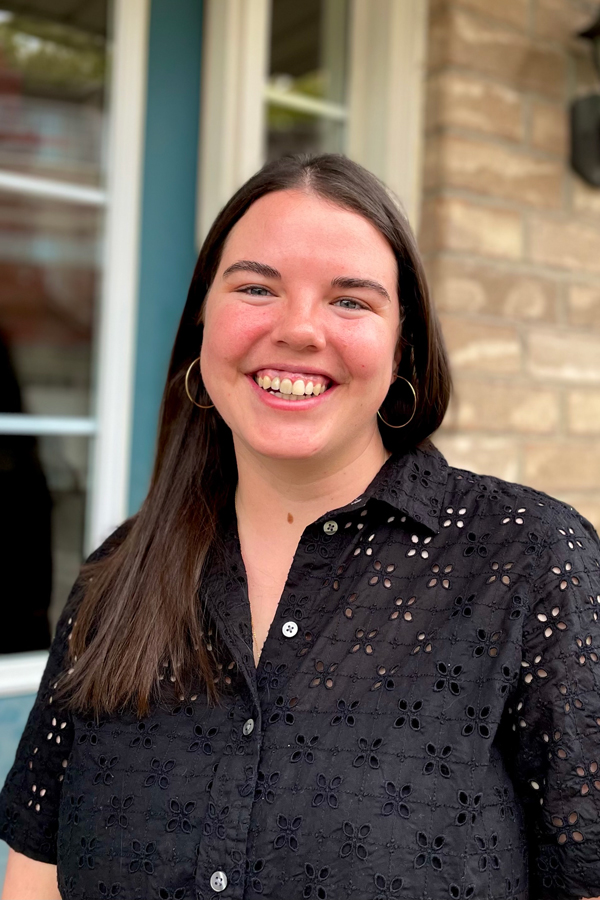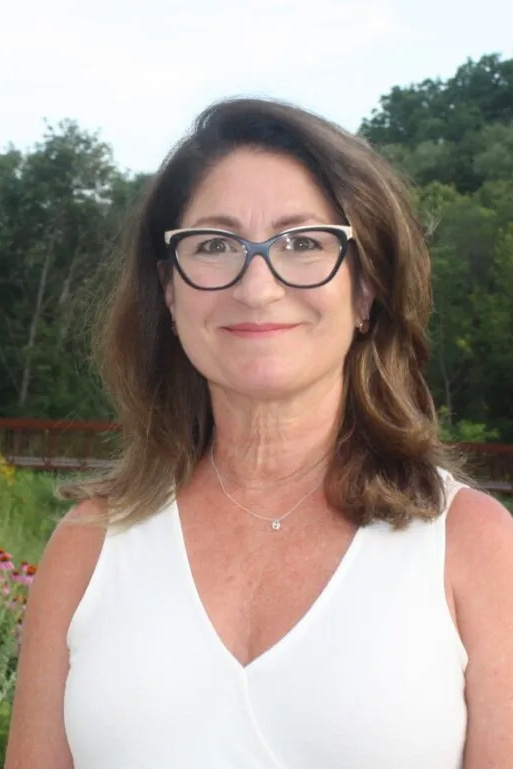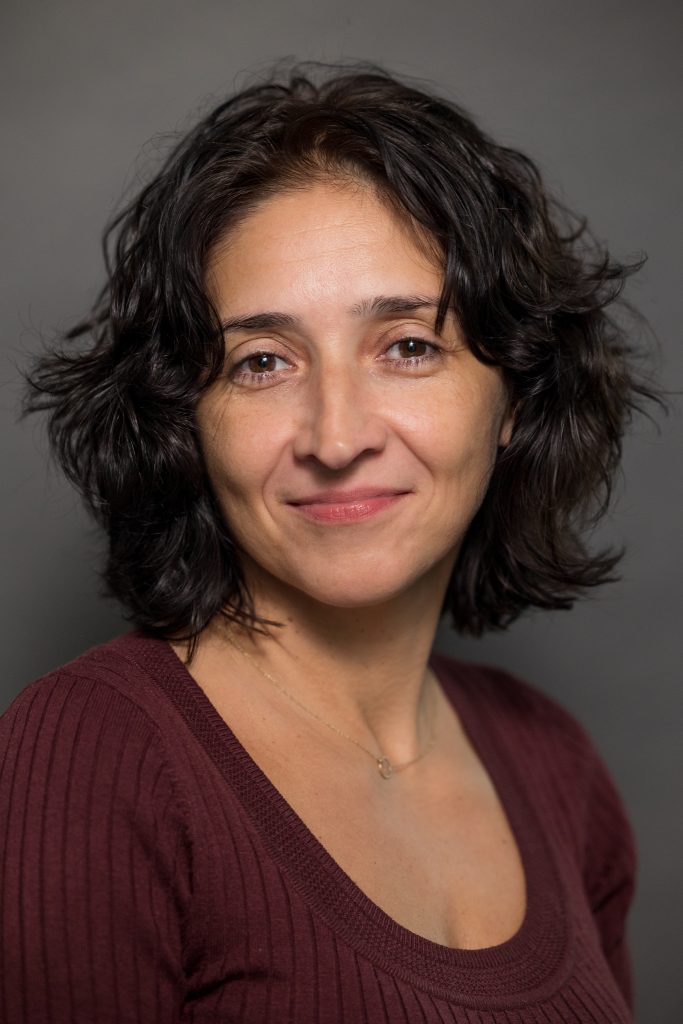About us
Carolyn, Morgan and Subiksha’s capstone project puts into practice their shared passion for community engagement, health equity, and improving access to healthcare. They are working in Lower Central Hamilton (LCH), a region in Hamilton, Ontario in which residents are disproportionately affected by the social determinants of health (SDH). This project aims to understand the health needs of LCH residents and key considerations that facilitate the context-appropriate and sustainable delivery of health services in this community. This research enhances ongoing initiatives aimed at improving the health and social outcomes of LCH residents through engagement at the neighborhood level.

Background
In 2010 the Hamilton Spectator published the Code Red Series, an investigative report aimed at uncovering and tracking disparities in health outcomes between all Hamilton neighbourhoods. This work revealed that LCH has some of the worst socioeconomic variables among all Hamilton neighbourhoods regarding income, high school dropout rates, and number of individuals using government financial aid. In addition, LCH had one of the lowest average lifespans, highest average hospital and urgent hospital admission rate per 1000 people, highest emergency room visit rate per 1000 people, and the highest percentage of unattached patients. A decade later, a follow-up Code Red report revealed that despite interim initiatives to improve health outcomes in LCH, almost all health-related outcomes either worsened or remained the same.
To address the health disparities within this neighborhood, the Hamilton Family Health Team (HFHT) has championed the launch of a new primary healthcare program at the Eva Rothwell Centre, called “Health Care at Eva Rothwell Centre”. The Eva Rothwell Centre is a community hub in LCH that offers a variety of community programs aimed at increasing the skills, knowledge, and connectedness of community members. As efforts to develop and launch this new primary health care clinic were underway by the HFHT and their partners, this capstone project was undertaken to engage with the LCH community and identify key considerations specific to the delivery of primary health care for LCH residents.
This work being done in LCH aligns with Ontario’s current focus on health equity; the province is working to create a connected health system through the development of Ontario Health Teams (OHTs) and Primary Care Networks (PCNs). These initiatives are striving to improve access to primary care, provide tailored care delivery, and promote community engagement, and thereby increasing health equity.
The capstone project’s objectives were to identify: 1) the health needs of LCH residents, 2) key considerations related to the delivery of health and social services in LCH and 3) barriers and insights related to community engagement in LCH. Data collection occurred through semi-structured interviews with 12 residents and 15 health and social service providers in LCH. Data analysis was conducted through qualitative thematic analysis using inductive coding.
Resulting themes were categorized into enablers of health, barriers to health, and participant-suggested actionable recommendations for optimal healthcare delivery. These themes substantiate the need to address residents’ SDH through providing patient-centered care, giving tailored support to newcomers, and developing community relationships. In addition, researchers shared their reflections on engaging with the LCH community in the form of actionable recommendations that other service providers or researchers could utilize throughout their own community engagement. This project situates existing research on the SDH within the LCH context and offers strategies for how service providers can optimize health care delivery to meet residents’ needs. This research enhances ongoing initiatives aimed at improving the health and social outcomes of LCH residents through engagement at the neighborhood level.
Team members

Carolyn Kelly-Ruetz
I am a strong advocate for both the nursing profession and patient-centered care; I am passionate about finding ways to deliver healthcare in a way that supports healthcare workers and patients.

Subiksha Nagaratnam
I currently work as a Clinical Research Study Assistant and Fellowship Coordinator for the Division of Cardiovascular Surgery at Toronto General Hospital. I am also a Researcher and Learning Module Developer for ScienceforEveryone.

Morgan Porteous
I went to McMaster University for my undergraduate degree, where I studied Integrated Science with a concentration in Psychology, Neuroscience, and Behaviour. I loved my undergraduate thesis in Cognitive Neuroscience but it also helped me learn that my heart doesn't lie in bench-side research.
Project Advisory Committee

Sandra Palmaro
Sandra has spent more than 25 years in leadership positions in the corporate, not for profit, and education sectors. After 14 years with Microsoft Canada, Sandra held leadership roles at SickKids Foundation, Canadian Breast Cancer Foundation and, most recently, at Wilfrid Laurier University.

Emily Tam
Emily is a registered Nutritionist/Dietitian who provides nutrition counselling using an approach founded on the principles of collaborating with clients to identify realistic goals and supporting them in implementing their individualized nutrition plans. She is especially passionate about supporting people to achieve recovery from disordered eating and eating disorders.

Anita Federici
Dr. Anita Federici is a Clinical Psychologist and the Owner of The Centre for Psychology and Emotion Regulation, a private Clinic specializing in the assessment and treatment of eating disorders, personality disorders, and trauma. Anita has an established reputation for her work as a therapist, clinical trainer, researcher, program director and consultant.
TRP Supervisors

Dr. Joseph Ferenbok
Driven to improve patient care, Prof. Ferenbok catapults projects forward with passion, wisdom, and a contagious chuckle. He is an Associate Director of the Health Innovation Hub, a Faculty of Medicine initiative intended to connect, align, serve, and facilitate the translation, innovation, and commercialization of 'Health Matters'.

Dr. Edyta Marcon
Edyta loves to encounter new questions, apply new knowledge, and meet new people. As a Senior Research Associate at the U of T Donnelly Centre, she currently studies how RNA modifications regulate gene expression and how they relate to human health and disease. Her interests extend beyond the laboratory into the application of scientific research using human centric design thinking.




